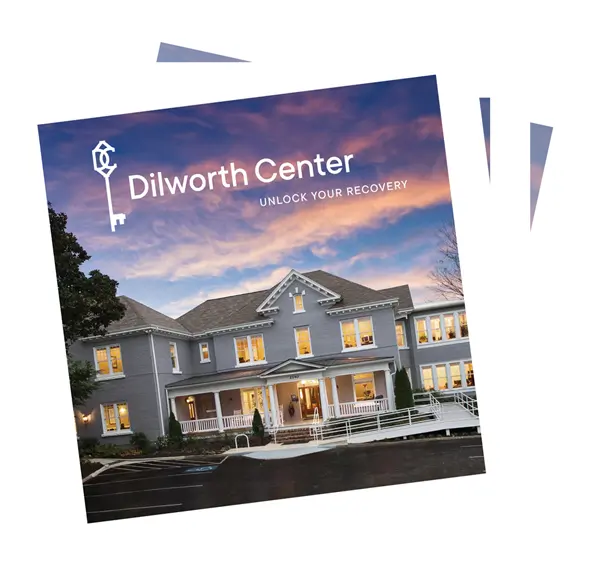35 Ways Dilworth Center Helps Families Heal
Rebuild relationships through family recovery
35 Ways Dilworth Center Helps Families Heal
In 2025, Dilworth Center celebrated 35 years of transforming lives and unlocking recovery for individuals and families. To honor this milestone, we developed 35 reasons to choose Dilworth Center for your family — a testament to our trusted expertise, innovative programs, family-centered approach, and proven success in helping individuals build lasting recovery. This milestone invites us to share 35 ways we empower families to reconnect, rebuild trust, and grow stronger together. Each one highlights our commitment to providing the support, education, and tools needed for families to heal alongside their loved ones.


- Healing Together – Learn how to recover as a family unit.
- Understanding Addiction – Gain insights into the science behind addiction.
- Strengthening Relationships – Rebuild trust and open lines of communication.
- Breaking the Stigma – Address the shame and guilt often associated with addiction.
- Support for Family Members – Receive the care and resources you need for your well-being.
- Tools for Healthy Boundaries – Learn how to establish and maintain effective boundaries.
- Education on Co-Dependency – Understand and address co-dependent behaviors.
- Creating a Supportive Environment – Help your loved one feel supported without enabling.
- Guidance from Experts – Benefit from the expertise of trauma-informed counselors.
- Shared Experience – Connect with other families navigating similar challenges.
- Improved Communication Skills – Develop healthier ways to express emotions and needs.
- Dealing with Triggers – Learn how to manage situations that might lead to your relapse.
- Focus on Self-Care – Understand the importance of taking care of yourself.
- Family-Focused Therapies – Engage in activities that promote unity and healing.
- Practical Strategies for Recovery – Learn actionable steps to support your recovery.
- Understanding Enabling – Identify and change behaviors that may unintentionally harm recovery.
- Education on Mental Health – Learn about the connection between mental health and addiction.
- Learning Resilience – Strengthen your ability to navigate challenges together.
- Conflict Resolution Skills – Gain tools to address and resolve family conflicts constructively.
- Hope for the Future – Renew your sense of hope and optimism.
- Customized Resources – Access materials and guidance tailored to your family’s needs.
- Understanding Relapse – Prepare for setbacks and learn how to navigate them effectively.
- Breaking Family Cycles – Address generational patterns of addiction.
- Healing Past Wounds – Work through emotional pain caused by addiction.
- Preparation for Long-Term Recovery – Build a foundation for sustained success as a family.
- Learning Empathy – Understand your loved one’s perspective and struggles.
- Building Accountability – Foster a culture of responsibility within the family.
- Real-Time Support – Address your concerns with real-time guidance from professionals.
- Holistic Approach – Incorporate mind, body, and spirit into your family’s recovery journey.
- Confidence in Recovery – Feel empowered to play an active role in your healing.
- Access to Proven Strategies – Utilize evidence-based methods for family recovery.
- Strengthened Family Dynamics – Create a healthier, more connected family unit.
- Focus on Forgiveness – Learn to let go of resentment and embrace compassion.
- Preventing Future Addiction – Equip younger generations with recovery tools.
- Reclaiming Your Family’s Future – Rediscover joy, connection, and a renewed sense of purpose.







